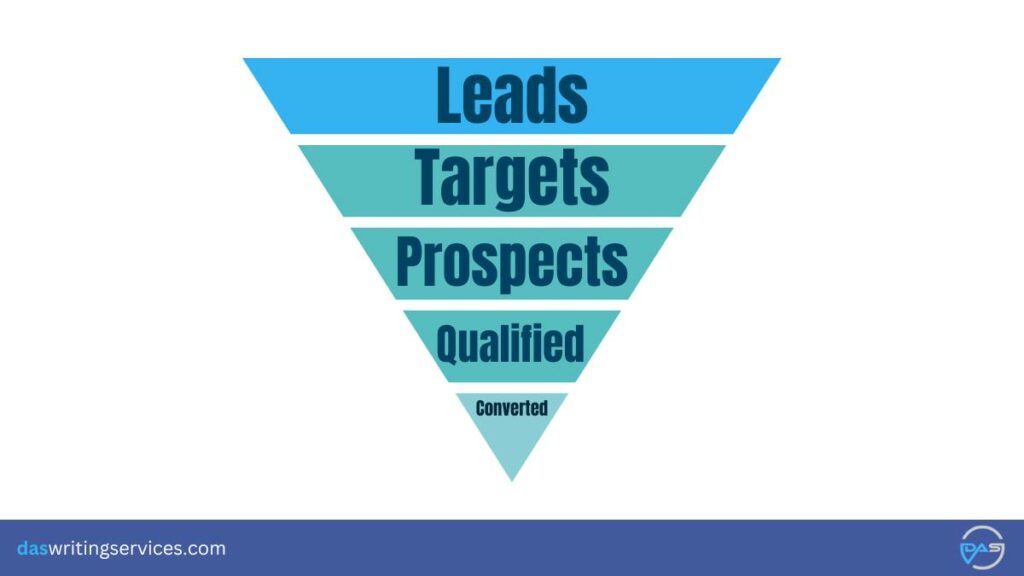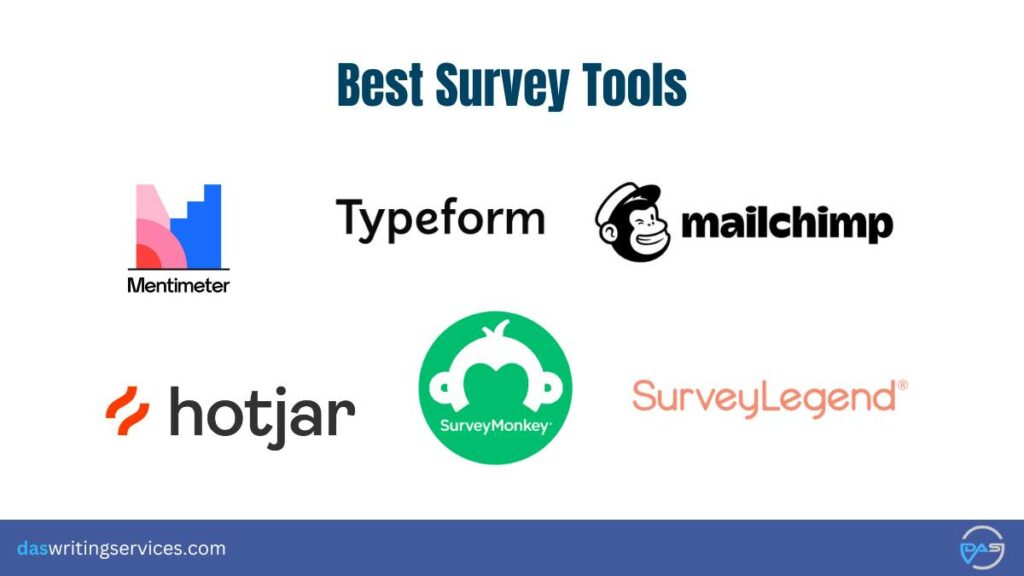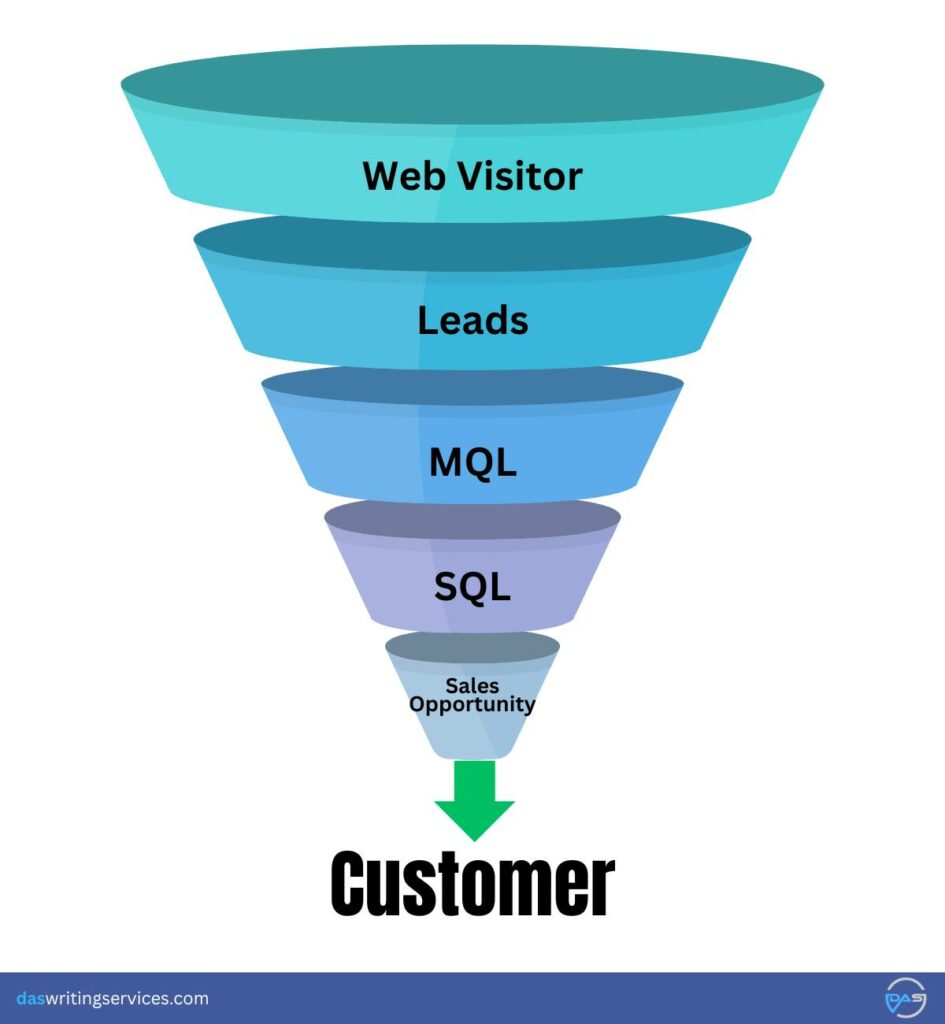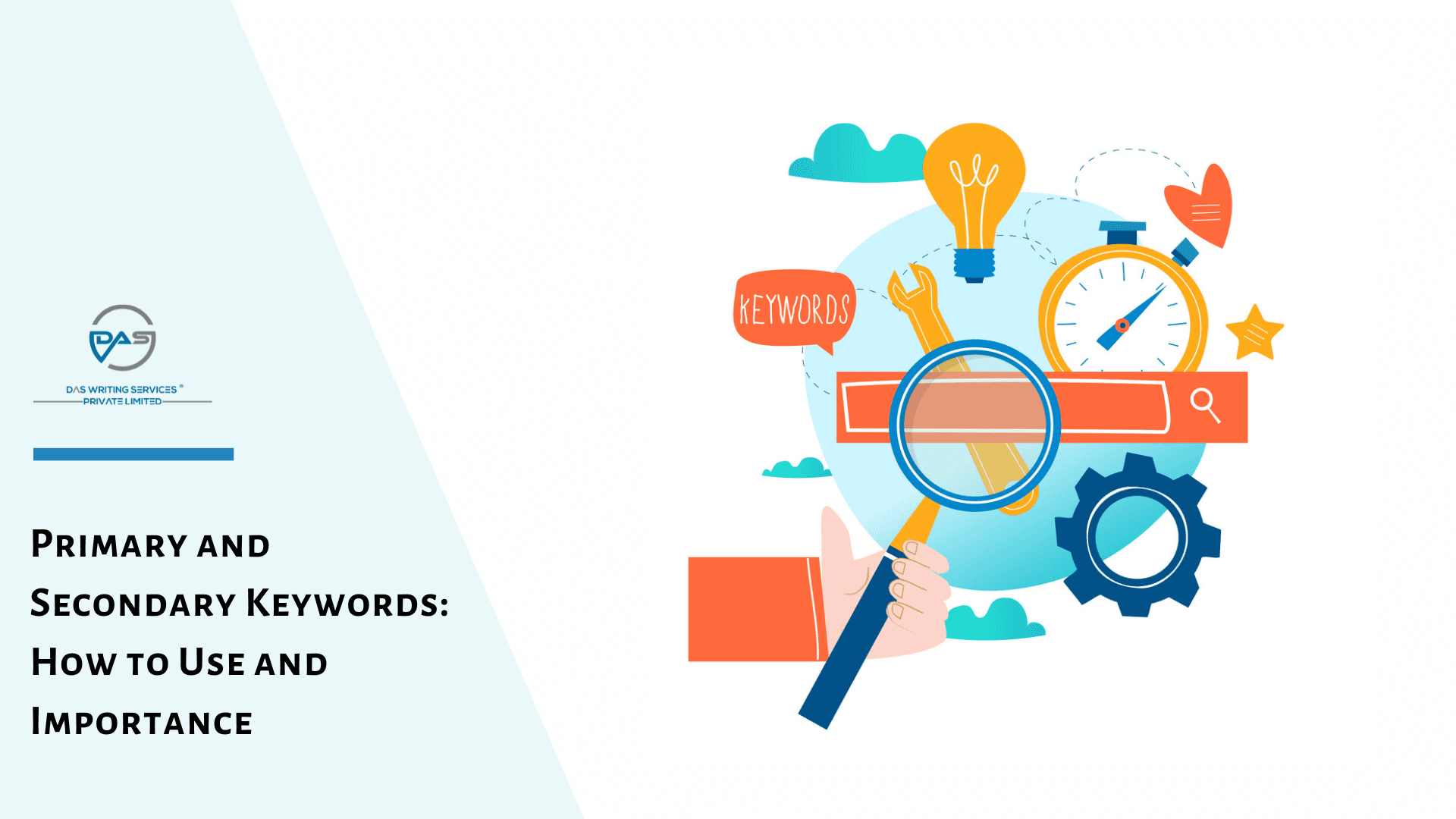Ever wonder why organically grown foods have such value in the market? Its simply because they are produced without adulterants or growth inducing chemicals. Naturally, they are fresh and nutritionally richer than the synthetically grown ones.
The same applies for organic marketing as well, which tends to offer more effective and sustainable results than when you use paid alternatives. By leveraging organic content, social media, and search engine optimisation (SEO), you can now tap into new audience groups quite effortlessly. So, look no further, as we unveil the 8 most efficient organic digital marketing strategies that will ignite your lead generation efforts.
From crafting compelling content to mastering social media, optimising your SEO game, and leveraging influential collaborations, we have the insider knowledge you need to unlock the full potential of organic marketing. Prepare to witness an influx of leads that will propel your business to new heights. Let’s embark on this transformative journey together!
What is Organic Marketing?
It refers to the strategy where a brand or its products/services are promoted via social media and search engines. The goal with organic marketing is not to force a brand or product on the audience, rather creating value for the audience to attract them naturally.

This includes ingenious techniques using internet to raise your brand’s visibility, establish unwavering credibility, and capture those qualified leads.
In this process of lead generation using organic marketing, it is the potential clients that find you ( i.e. your website), rather than you approaching them. Such bsuiness leads are generated through organic search for products or services related to your industry. Here you attract the leads by marketing efforts that strive to address and resolve the pain points of the users, eventually leading them to your website. Once they are in, you can get their contact information and put your sales team at work.
What are the Benefits of Organic Marketing for Lead Generation?
Traditionally associated with word-of-mouth marketing, organic strategies have the capacity to better influence the user decision rather than paid ads. Now that you know what organic lead generation means, know the benefits before you start investing in the strategies:
1. Enhances Credibility of Your Business
The viewers find your website through commercial search intent, so, they are more likely to be potential leads than mere visitors. Moreover, once you make a content marketing funnel, you can build a loyal set of customers and boost your brand value. This will generate more leads, boost your conversion rate and nurture a strong connection between your business and customers.
2. Long-Term Benefits
The benefits of organic marketing are long term. It helps you create a strong business foundation where you can convert leads as well as strengthen your relationship with them. Organic marketing helps you analyse your customers’ journey and get valuable insight into their pain areas, room for improvement or streamlining.
3. Cost-Effective
The cost of organic marketing is free. You are not paying for ads or sponsorships or PPC, but simply leveraging your marketing strategies. Naturally, the return on investment (ROI) is much higher than the paid methods, which gives you the luxury to invest time and effort in marketing strategies and processes.
8 Organic Marketing Strategies to Boost Lead Generation
Whether you are choosing social media marketing or a content based marketing strategy, availing the right service as per your target group is essential for the best results. Discover the top 8 strategies of organic marketing for lead generation:
1. Identify target Audience and Research
The first important thing before launching your organic efforts is audience research. There are several ways to identify and know your audience, such as interviews, surveys, tracking social media engagement, etc. You can also use various survey tools and software to identify the target audience. Once you analyse these data, you can understand who you need to target, their needs and their pain areas. Following this, you can devise your marketing strategy – formulate marketing campaigns, optimize your website and content.

2. Create Blogs with Compelling Content
Creating valuable and relevant content is the cornerstone of organic marketing. Once you know your audience, you must create a list of blog topics that resonate with them. Through informative blog posts, articles, podcasts, or videos, you can establish yourself as an industry authority and build credibility. For instance, a fitness brand could create blogs on nutrition tips, workout benefits, and inspirational stories to engage fitness enthusiasts and generate leads.

3. Optimise for SEO
Search engine optimisation plays an important role in organic marketing. If you want to bring more traffic to your website, you need to optimise your web content as per the core web vitals. Therefore, conduct thorough keyword research to identify relevant search terms related to your business. Also, you must incorporate them strategically into your website’s content, meta tags, and headings without keyword stuffing. This increases your visibility on search engines and drives organic traffic leading to possible leads.
4. Explore Organic Marketing Through Authoritative Content
If you want to demonstrate expertise and establish yourself as an industry thought leader, publish authoritative content on a regular basis. Authoritative content is informative, unique, relevant and credible content that may work as a dictionary for any specific service or industry-related queries. So, if you wish to be an industry thought leader focus on content like white papers/eBooks, case studies, industry newsletters, etc.
5. Update and Revive Your Content
Updating your content is the only way of making them evergreen and improving those SEO rankings. Before it totally goes outdated and requires a complete rewrite, breathe new life into it. You can do so by incorporating fresh statistics and turn them into fodder for email marketing. Revamp the sub-heads to reflect fresh perspectives, add current statistics, refresh meta tags, to renew your writing.
In addition, repurposing your content into a different format may also fetch you a wider set of audience from different content platforms. Here are a few great content repurposing strategies you can use to up your game.
Moreover, Google changes its crawling and indexing algorithm periodically. Therefore, you must follow the changes in SEO in order to update your content accordingly. Enhance clarity by adding contemporary details and updated recommendations.
6. Leverage the Power of Social Media
Your job does not end with creating content but also involves identifying effective organic marketing channels that . You must also share it to reach the audience as much as possible. Here, social media platforms offer excellent opportunities for organic traffic and lead generation.
Develop a strong presence on platforms like Facebook, Instagram, Twitter, and LinkedIn. Share your content to engage with your audience, respond to comments and start discussions to boost your brand awareness. For example, a fashion brand can talk about new trends and offer fashion tips to attract and convert leads.
7. Use User-Generated Content
User-generated content is any type of content (audio, video, textual) that is created by the audience rather than the brand website. Therefore, it is a powerful form of social proof that can boost engagement and get people interested in your product.
This is a way of encouraging your audience to share their experiences or partake in online competitions through testimonials, reviews, and social media posts. By posting this content on your website and social platforms, you build trust and reliability, leading to increased conversions.

8. Use Geotargeting by Optimising Local SEO
The role of geotargeting in organic marketing is to showcase your products and services in different geographic locations. So, if you operate your business in a specific geographic area, optimising for local SEO can be extremely helpful. Claim and optimise your Google My Business profile, use location-specific keywords in your website content and encourage customers to leave reviews. This helps your business appear in local search results, increasing the possibility of generating leads from nearby prospects.
How is Organic Marketing and Paid Marketing Different?
Yes, you might wonder if there is any way you can boost up the speed of generating more leads. In that case, you might choose to include paid advertising in your marketing strategy.
In paid marketing, you post advertisements to draw in more traffic to your website. Some of the most common ways to do so include:
- Google Ads
- Facebook and Twitter Ads
- Banner ads
- Sponsored posts
So, let us drive through the basic factors that separate organic marketing from paid marketing:
1. Shelf Life
Speaking of the lifespan of these strategies, organic marketing seems to last much longer than paid marketing. Organic methods include blog posts, social media posts, etc. which takes research, studying the audience and more. Some of them may even be evergreen content.
On the other hand, a single paid ad on Google or Facebook will only fetch you leads quickly within a limited period. And if you plan on continuing these ads for a long time, you will need a big budget.
2. Time Consumption
Paid marketing may show a quicker and visible result when time is of the essence. Therefore, its purpose also differs slightly from organic marketing. If you want to give your incoming traffic a quick boost and raise your website’s visibility, posting relevant ad posts can be beneficial.
While organic posts may have more longevity, creating them is also a time-consuming process. Moreover, there are several things to consider while crafting the right content for your audience.
These include taking your competitors into account and crafting a better quality post to outrank them, creating posts relevant to your target’s needs, optimising for the search engine, etc.
3. Marketing Expense
Paid marketing and organic marketing diverge significantly when it comes to cost. Paid advertisements, as the name indicates, require a financial investment upfront. It involves paying for advertisements, such as Google Ads or sponsored social media posts, which can accumulate expenses rapidly.
In contrast, organic marketing relies on non-paid strategies like content creation, search engine optimisation (SEO), and social media engagement. While it demands time and effort, the monetary cost is relatively low, making it an attractive option for businesses with limited budgets.
Organic marketing builds a sustainable online presence over time, while paid marketing provides immediate visibility but at a noticeable financial cost. The choice between them often depends on the budget and long-term marketing goals.
Takeaway
In essence, organic marketing is one of the most prevalent modes of lead generation without relying on paid advertising. Even if you have a limited budget, you can attract and engage potential clientele, establish credibility, and eventually generate valuable leads. With Das Writing Services you can get assistance to boost your business through these organic marketing strategies strategically. So, don’t hesitate to contact us for any website content writing services and build and expand your business using these marketing tricks.
Frequently Asked Questions
1. What is the difference between organic marketing and paid marketing?
Paid marketing prioritises generating sales through ads and sponsorships, while organic marketing focuses on positive customer experiences and word-of-mouth promotion. Therefore, organic marketing fetches long term goals, and customer loyalty while paid marketing works as long as you pay for it.
2. Why is organic marketing better than paid marketing?
Organic marketing is much better than paid marketing as it gives long term benefits to businesses. Moreover, people trust organic marketing as it aims to enlighten people about their brands instead of simply paying to get leads. Organic marketing strategies also track current followers, analyse customer journey and establishes industry leadership.
3. How often should I post content on my business website to boost lead generation?
The frequency of content posting on your website depends on current offers and events related to your business. However, on average, you must post at least 6 to 10 blogs a month or 1 to 2 blogs a week.







Leave a comment
All comments
droversointeru
I think this is among the most important info for me. And i'm glad reading your article. But want to remark on some general things, The web site style is perfect, the articles is really nice : D. Good job, cheers